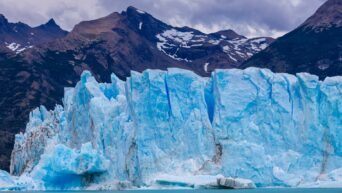Not usually the most comfortable conversation to have, but human waste, in a recent study, has been shown to be an asset to our economy and the environment.
Scientists at the University of Illinois see sanitation as a valuable asset of global ecosystems as well as an overlooked source for nutrients, organic material, and water.
Their research showed that human waste can provide nutrients and water to help enhance agriculture. They believe that nutrients recovered from wastewater can be used to help food production from farmlands.
The study revealed 17 potential ecosystem services that could benefit from the nutrients, water, and organic material that could be recovered from sanitation systems of humans. Some of the services that could benefit from this include water purification, nutrient cycling, food provisioning and climate regulation.
Since this is at the beginning stages, factors such as soil conditions, climate, fertilizer, energy markets, water resources, and socio-cultural norms are all factors that have to be considered before progressing forward. But, with climate change a constant concern on many people’s minds, the use of human waste is a way that it can help.
Sanitation should no longer be looked at degrading the environment, but rather, as a way that could help to improve the environment while also bringing benefits to people. Our human waste is full of nutrients that can be recycled into products to help promote agricultural sustainability.
It makes sense when you think about it. The researchers stated that we grow crops in a field, fertilize them with nutrients, eat the crops, excrete the nitrogen, phosphorous, and potassium, and then the cycle ends. Making this a more circular nutrient cycle would benefit the environment, economy, and agriculture.
It may seem gross to think about, but technology being produced can really extract the nutrients we need from our waste and reuse it as fertilizer in our crops. This is certainly something still in the works, but we may be able to help contribute to the safety of our environment in more ways than one!

































